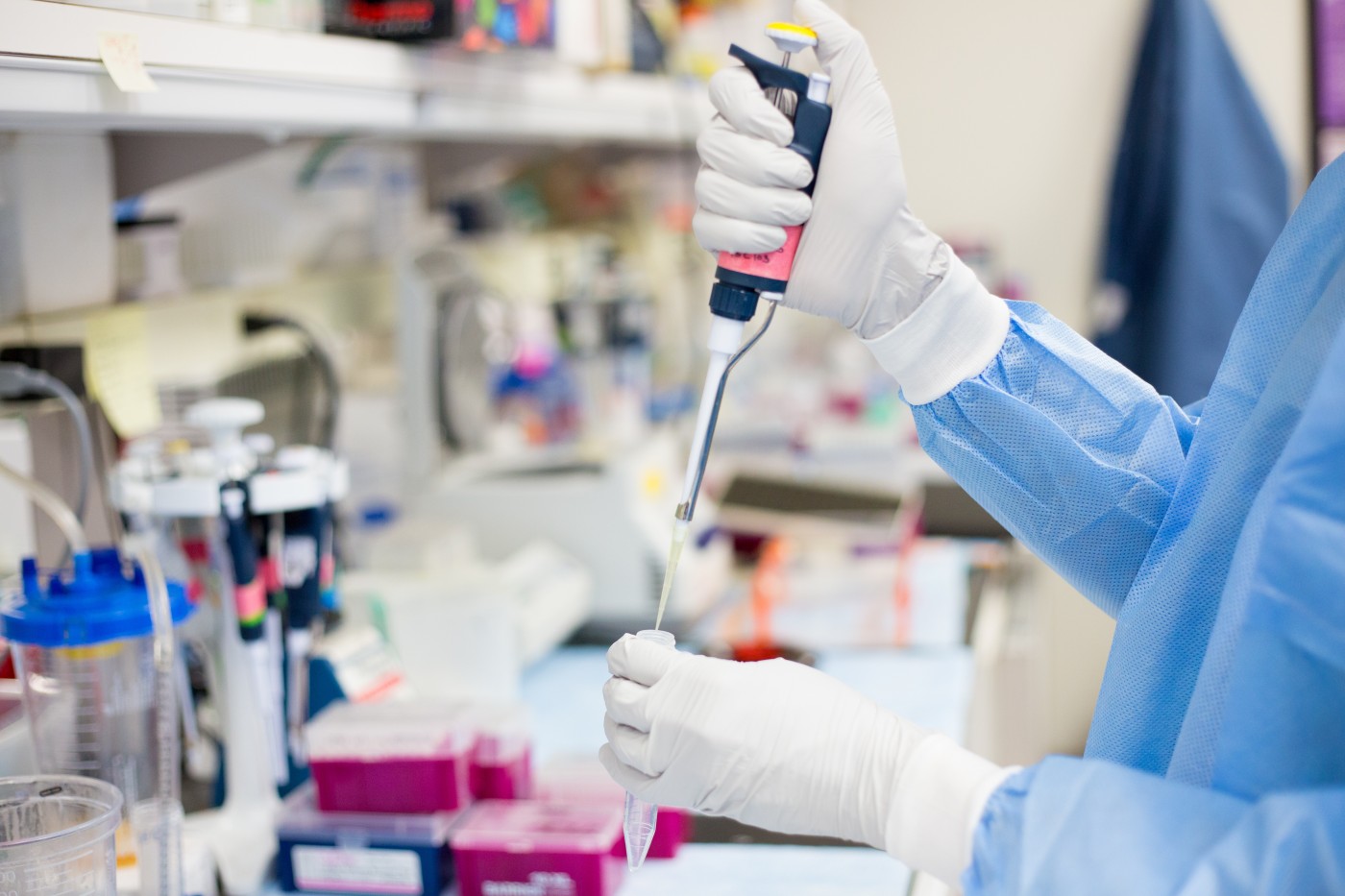A new study led by researchers at The University of Texas MD Anderson Cancer Center revealed a key protein called DAPK1 as a new therapeutic target for specific aggressive breast cancer tumors. The study was published in the Journal of Clinical Investigation and is entitled “Death-associated protein kinase 1 promotes growth of p53-mutant cancers”.
Apart from skin cancer, breast cancer is estimated to be the most commonly diagnosed cancer among American women affecting more than 230,000 individuals every year. The death rate in women associated to breast cancer is higher than in any other cancer, except for lung cancer. Mutations in genes like TP53, BRCA1 or BRCA2 are known to greatly increase the risk of developing the malignancy.
It is estimated that 15% of all diagnosed breast cancers correspond to triple-negative breast cancers, a type of cancer that lacks the receptors commonly targeted in chemotherapy – estrogen, progesterone and human epidermal growth factor receptor 2 (HER2). Up to 80% of triple-negative cancers carry TP53 mutations. Compared to other breast cancer types, triple-negative breast cancers are usually extremely aggressive, non-responsive to targeted therapeutic drugs and associated with a poor prognosis, with patients frequently having a higher risk of recurrence and a shorter survival rate. There is an urgent need for effective therapies for this type of cancer.
While searching for novel therapeutic targets in aggressive breast cancers, researchers identified DAPK1 (death-associated protein kinase 1), a protein which is involved in the activation of pathways that promote apoptosis (programmed cell death) in cancer cells. DAPK1 was found in higher levels in aggressive breast cancers which have TP53 mutations and lack the estrogen receptor (ER-negative) when compared to breast cancers expressing ER.
“This is a little studied kinase that has not been previously focused on for the treatment of cancer,” said the study’s senior author Dr. Powel Brown in a news release. “We discovered a yin and yang phenomenon in terms of DAPK1 function. In normal cells this protein functions as a death inducer, but in TP53 mutant cells DAPK1 acts a critical driver of cancer cell growth.”
In the study, researchers analyzed DAPK1 in more detail and found it to be an indicator of poor prognosis, with patients expressing high levels of the protein having a significantly lower survival rate in comparison to patients with low DAPK1levels, especially patients with TP53 mutations.
DAPK1 depletion or inhibition in breast cancer cell lines and in mouse models showed that this protein is essential for the growth of cancer cells with TP53 mutations. Similar results were obtained when the team analyzed cells from other cancer types with mutations in TP53, namely lung, ovarian and pancreatic cancers. Researchers discovered that DAPK1 activates a series of growth-stimulating proteins (mTOR pathway), helping the growth of cancer cells with mutated TP53.
Based on their discovery, the team proposes that as mutated TP53 is found across almost all cancer types, and is associated with a poor prognosis, DAPK1 could represent a promising therapeutic target for a wide group of aggressive cancers.
“This is probably the most exciting finding,” noted Dr. Brown. “While a new treatment for triple-negative breast cancers would be a major advance, DAPK1 inhibitors have the potential to be used to treat many different kinds of cancers with TP53 mutations, which include the most lethal cancers without effective treatments.”
The team is planning to focus on the development of DAPK1 inhibitors as potential therapies, and their possible combination with other approaches like chemotherapy.

